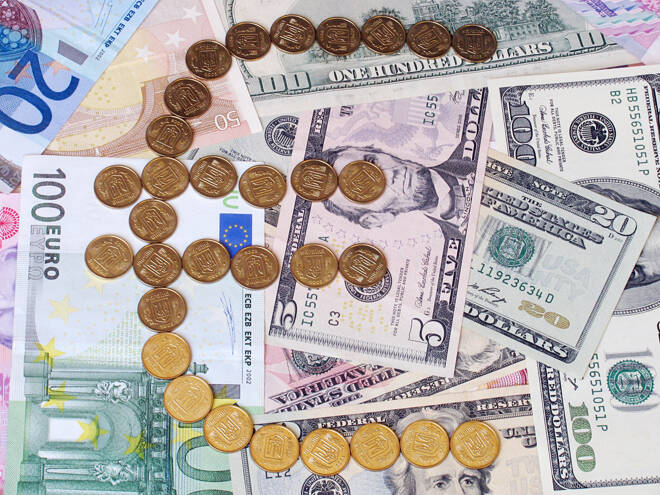Advertisement
Advertisement
Eurozone Retail Sales Impress to Deliver EUR Support
By:
Eurozone retail sales figures for February impress, delivering some EUR comfort. There is little else on the economic calendar for the markets to consider today.
It was a quiet start to the week on the Eurozone economic calendar today.
With no material stats from the Asian session for the markets to react to, Eurozone retail sales figures drew attention early in the European session.
Eurozone Retail Sales
In February, retail sales increased by 3.0% month-on-month, partially reversing a 5.2% slide from January. Economists had forecast a 1.5% rise.
According to Eurostat,
- The volume of retail trade increased by 6.8% for non-food products and by 3.7% for automotive fuels.
- Sales of food, drinks, and tobacco fell by 1.1%, however.
- By member state, Austria (+28.2%), Slovenia (+16.4%), and Italy (+8.4%) reported the largest increase in sales.
- Malta (-1.5%) and France (-1.2%) registered the largest decreases in the month of February.
- In February 2021 compared with February 2020, the volume of retail trade decreased by 2.9%.
Market Impact
Ahead of retail sales figures, the EUR had struck to a pre-release high and current day high $1.19041 before falling to pre-stat low $1.18713.
In response to today’s data released, the EUR rose from $1.18838 to a post-stat high $1.18980 before easing back.
At the time of writing, the EUR was down by 0.02% to $1.18971.
Up Next
Bank of Canada’s Business Outlook Survey that will likely have a muted impact on the EUR and the broader markets. There are no material stats from the U.S to influence later in the day.
About the Author
Bob Masonauthor
With over 28 years of experience in the financial industry, Bob has worked with various global rating agencies and multinational banks. Currently he is covering currencies, commodities, alternative asset classes and global equities, focusing mostly on European and Asian markets.
Advertisement
